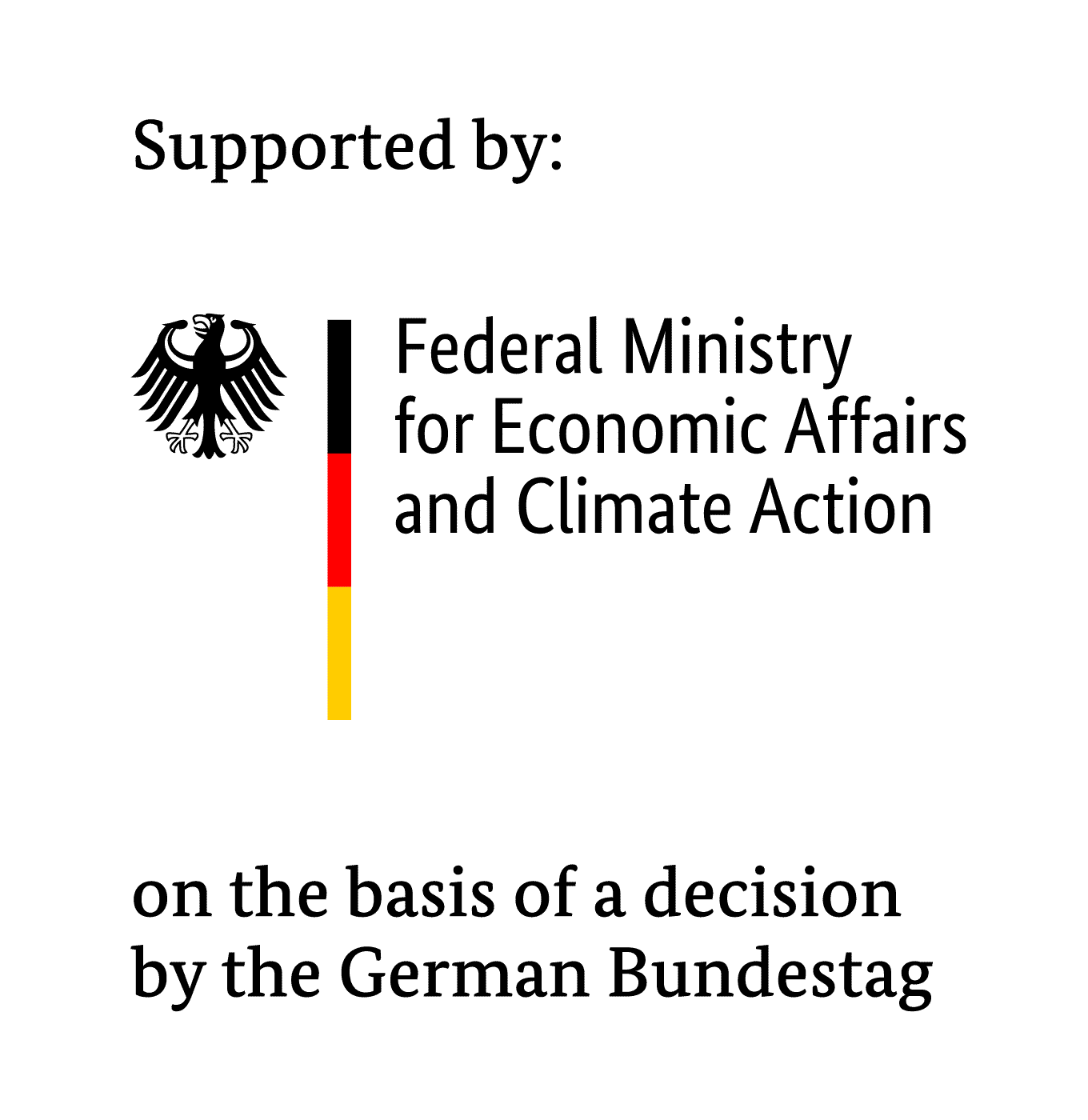Projectname:
Analysis of recycling processes and recyclates and their applicability for various packaging scenarios
Workgroup: Packaging materials
Research Partner and Scientific Guidance:
IGF: 354 EN
Finanzierung: BMWK
Laufzeit: 2023 – 2024
With the European Circular Economy Action Plan (CEAP), the European Union (EU) stipulates that by 2030, all packaging placed on the market must be recyclable or made of recycled material. This puts enormous pressure on the packaging industry to find solutions and produce compliant packaging. However, no food contact poliolefins are yet used that are 100% post-consumer recyclate. Post-consumer recycled (PCR) materials are reprocessed plastics from household or commercial waste, much of which is packaging, for example from the yellow bag.
Careful quality testing is required to approve PCR products as food contact materials. However, when evaluating recycling processes, European Food Safety Authority (EFSA) assumes that unidentified substances are to be considered as direct DNA-reactive substances, so-called mutagens. These are of extreme concern and their presence must be excluded to allow the use of recycled material for food contact. This is particularly challenging for polyolefins, where very low migration thresholds apply.
The evaluation of recyclates with regard to the presence of substances of concern has already been started within the project "PolyCycle", which was carried out from 01.01.2020 to 31.12.2021 with the partners OFI, FH Campus Wien and Fraunhofer IVV. A continuation of the investigations will be carried out within the follow-up project "SafeCycle" in order to be able to use recycled materials in the future for contact with foodstuffs or cosmetic and household products without compromising safety. For the detection of low volatile substances, a high performance liquid chromatography (HPLC) with a high resolution detection method will be used in the project "SafeCycle" together with the validated method from the project "PolyCycle". A fractionation method will also be developed to further enhance the performance of the in vitro bioassays. Current recycling processes and their products will be analyzed in detail to determine the causes of systematic alerts. This includes analysis of wash water, chemicals used in the process, and substances added to the materials. Materials from different processes, such as mechanical and chemical recycling, will also be compared.
Based on the main project results, an assistance document will be produced. With the help of this document, companies will be able to improve their processes and products and consequently increase the recycling quality and safety of products on the market. The "SafeCycle" project will enable companies to increase the quality of their products and also enable high-value applications such as food or cosmetic packaging. More than 80 European companies are taking part in the project’s accompanying committee to support the project, provide advice and themselves gain insights into how to improve their own products and processes. In this way, solutions to the huge amounts of plastic waste can be found and the industry will be prepared to meet the EU’s 2030 requirements.

The IGF project presented here by the Research Association of the Industrial Association for Food Technology and Packaging (IVLV e.V.) is funded by the Federal Ministry for Economic Affairs and Climate Action as part of the program for the promotion of industrial community research (IGF) based on a decision of the German Bundestag.